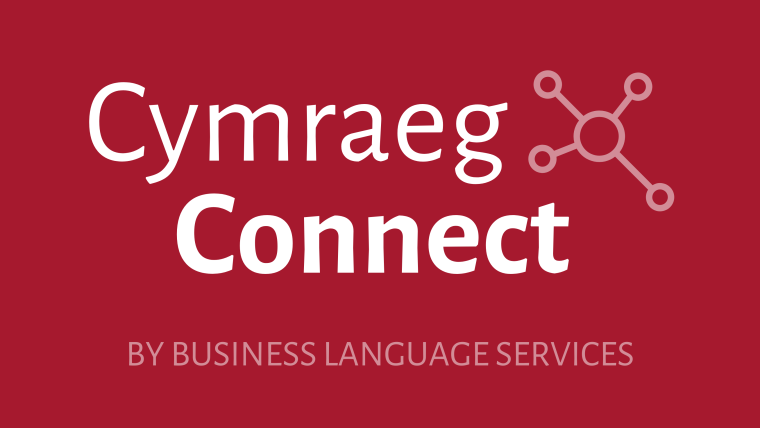France is a popular destination for weddings, with its picturesque châteaux, vineyards and coastlines providing the ideal backdrop for your…




France is a popular destination for weddings, with its picturesque châteaux, vineyards and coastlines providing the ideal backdrop for your…


Curious about the people behind the emails and phone calls? Ever wondered what it takes to pursue a career in…


Many of our customers at Business Language Services require our certified translation services for the purpose of overseas citizenship applications.…


Destination weddings in Italy are becoming increasingly popular, with more and more couples looking to add some dolce vita to…


Curious about the people behind the emails and phone calls? Ever wondered what it takes to pursue a career in…


We are delighted to announce the launch of our new online ordering and payment system for certified translations. Certified translations…




Cyfieithiadau Rhad ac Am Ddim Ie, mae’n wir! Os ydych chi’n chwilio am wasanaeth cyfieithu Cymraeg proffesiynol, dibynadwy a hollol…


Free Translation Yes, really. If you are looking for a professional, reliable and completely free Welsh translation service, you are…


Curious about the people behind the emails and phone calls? Ever wondered what it takes to pursue a career in…